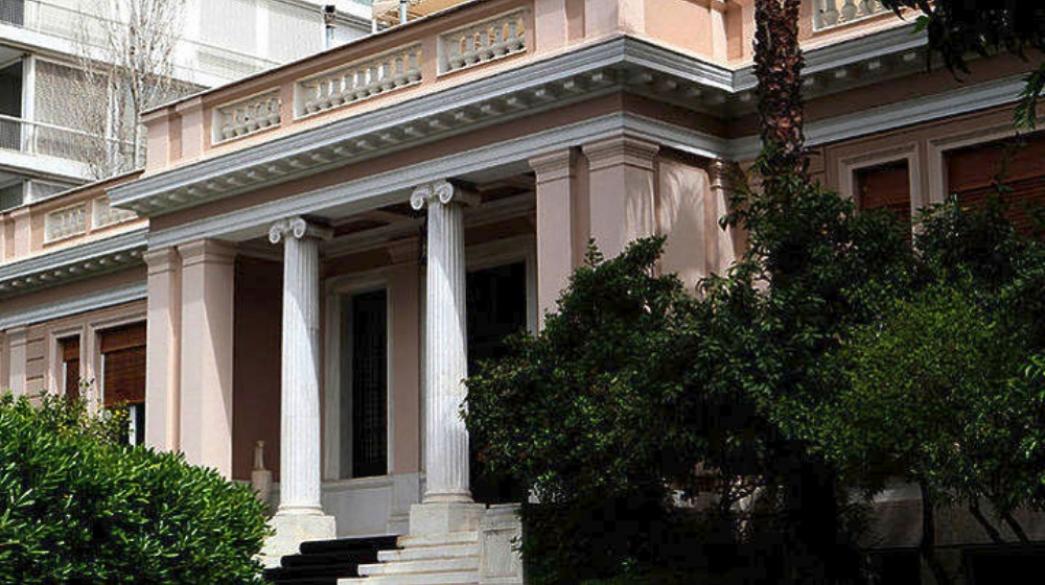Nearly three months have gone past since the Bank of Greece (BoG) submitted its proposal for the creation of an asset management company (AMC) to the government, but no indication has been given regarding its stance on the plan.
All this time, government officials have systematically avoided referring to the proposal, reiterating progress made in reducing non-performing loans through the "Hercules" plan, a stance that has been interpreted by many market participants as being against the plan.
The government has not held talks with banks, in order to receive their assessment of the plan. The negative attitude of Deputy Minister of Finance, George Zavvos, responsible for the banking sector, on the BoG plan is a given, while his poor ties with BoG governor, Yiannis Stournaras, is a common secret.
Zavvos is already working on the extension of the state guarantee scheme, "Hercules II", so that banks can proceed with new securitizations aimed at reducing NPL ratios to below 10%.
According to sources, some government officials are worried that the BoG plan will incur budgetary costs at a difficult time for the country due to the pandemic, as they prefer to push back the final solution to the bad debt problem to the future. The fact that the activation of state guarantees, if required, will take place several years later makes the "Hercules" plan even more attractive in the short term.
Meanwhile, the government has assigned the technical evaluation of the proposal to specialized advisors, while many consultations have taken place between these advisors and the BoG staff on the bad bank.
The basic argument adopted by Zavvos against the creation of a bad bank was the negative position of the European Commission. In fact, last July, Zavvos' speech in parliament almost sparked a serious incident with the BoG, as he had stated that the bad bank could even result in a haircut being imposed on deposits.
This argument no longer stands as the European Commission now highlights the need to create national bad banks across Europe in a bid to reduce non-performing loans.
As announced by the Vice-President of the Commission, Valdis Dobrowski, and European Commissioner Mairead McGuinness , one of the four pillars to fight the pandemic is to support the establishment and cooperation of national asset management companies at an EU level.
At the same time, a new dimension of European policy is reflected in the recent Eurogroup decision to use the European Stability Mechanism as an emergency backstop for the single currency’s bank resolution fund. The provision of this support from the beginning of 2022 means that the reduction of delayed loans in Greece below the 5% threshold should be accelerated, something that cannot be achieved without the activation of the bad bank.
PM’s call
Developments at the pan-European level, with the creation of a bad bank as a central tool for managing non-performing loans, are being closely monitored by the government and the prime minister's staff.
According to some analysts, it would be paradoxical for Greece, having the biggest NPL problem in Europe, to ignore the EU’s central strategy. However, if calculations show that the problem can be tackled more effectively and at a lower fiscal cost with the "Hercules" and "Hercules II" plans, then it will be difficult for the government to change strategy.
According to some sources, the central bank has emphasized and documented that its bad bank proposal is the one that fully secures the public sector and does not incur budgetary costs, while at the same time lowering the cost for investors. All these elements will be weighed up by Prime Minister Kyriakos Mitsotakis and his staff, as they clarify the government's strategy on the issue in early 2021.
The BoG governor yesterday presented in more detail the plan for the creation of the bad bank to commercial lenders, covering a series of technical issues that had arisen during the examination of the plan in the previous period. Last week, Stournaras, stressed that "we have a very big opportunity now and I do not think we can stay out of such a pan-European network of asset management companies".
A key element of the BoG's proposal is the provision that 100% of sour debt, existing and that created amidst the pandemic, can be swept up by the bad bank. At the same time, it will also handle the deferred tax credit problem faced by Greek lenders.


